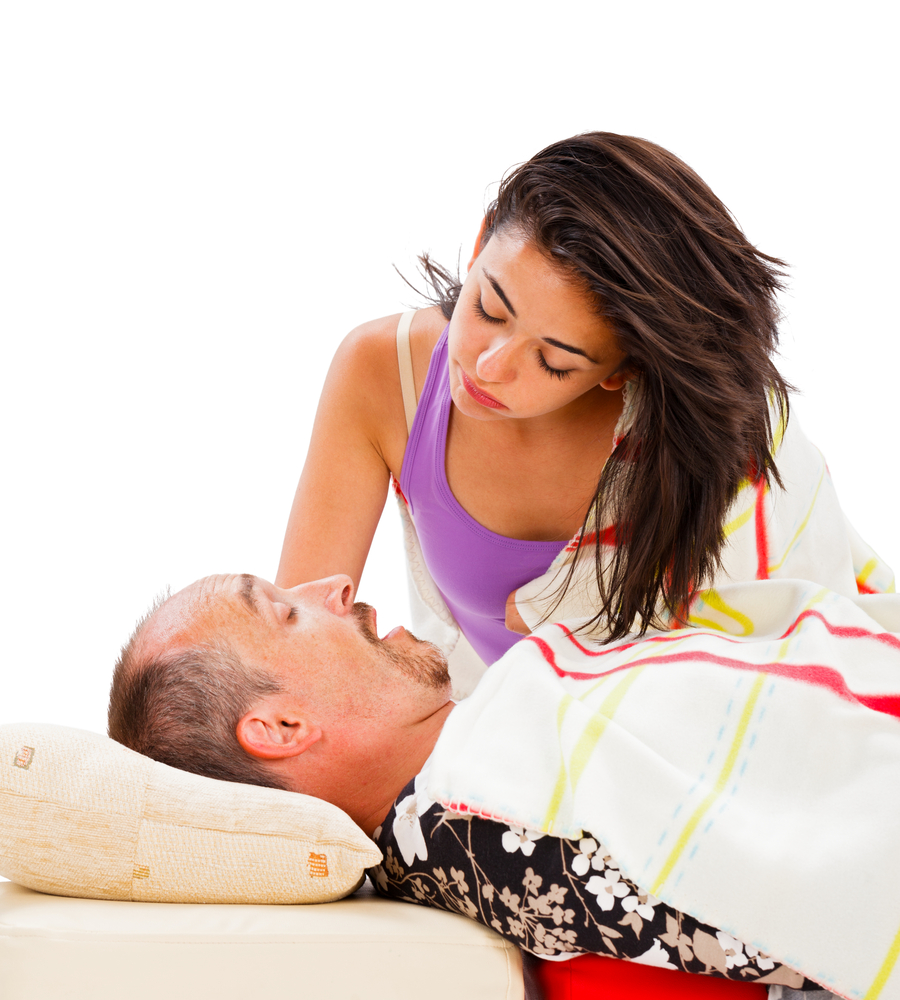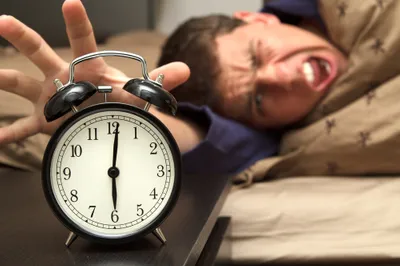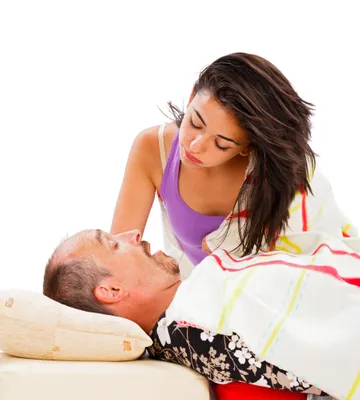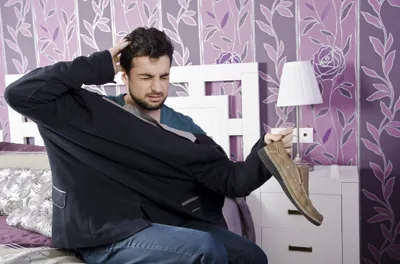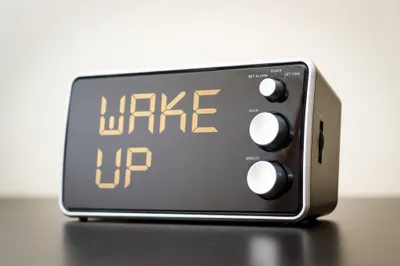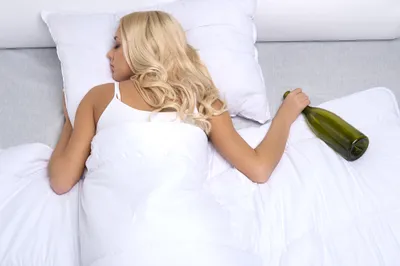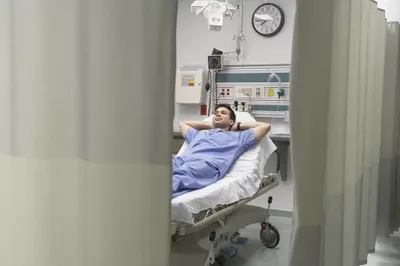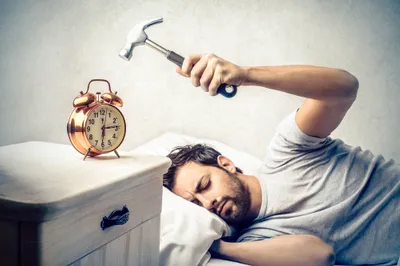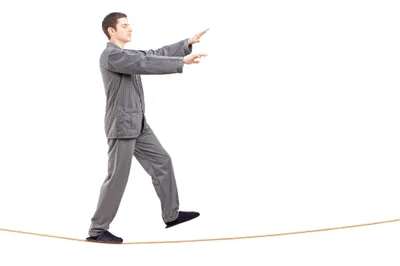Do you have a habit of blaming poor after-hours behavior on a bad nightmare or sleepwalking? Well researchers at Stanford University’s Sleep Epidemiology Research Center, have identified a third reason for bizarre conduct, extreme confusion, and even confusing your better half with a former lover (although there’s no excuse for that)—sleep drunkenness.
Here’s how to tell if you or someone you love is among 15-percent of the population that suffers from this sleep-induced form of inebriation…
1. What is Sleep Drunkenness?
Stanford researchers use the term “sleep drunkenness” to rationalize brief periods of extreme confusion, action, or conversation shortly after waking up from a deep sleep. Durations of sleep intoxication typically last between a 2 to 15-minutes in length, and sufferers typically have no memory of what they say or do during this time.
2. Who Does Sleep Intoxication Affect?
A fairy recent study published in the Neurology journal claims that 1 in 7 individuals (or 15-percent of the population) suffer from bouts of sleep drunkenness, a sort of sleep-induced intoxication characterized by short-lived periods of abnormal action—for instance, weird conversations, mistaking or addressing your spouse as someone else, answering the baby monitor instead of your cell phone when it rings in the middle of the night, or even the odd violent episode.
3. What Occurs During Sleep Drunkenness?
Researchers admit to scratching their heads over the exact cause of sleep drunkenness. However, the condition is linked to a form of “severe sleep inertia,” meaning that the brain continues to slumber while the rest of the body assumes it’s awake, causing a form of “confusional arousal” before the individual either wakes up fully or returns to sleep.
4. What Causes Sleep Intoxication?
Researchers at the National Institutes of Health suspect that this intoxicated sleep state occurs when an individual is roused from sleep during REM (or non-rapid eye movement) slumber—the deepest period of sleep—by a jarring sound or action (i.e., an alarm, a loud disturbance, a phone call, or a spouse trying to rouse them suddenly from sleep).
5. Related Conditions and Sleep Drunkenness
Researchers at Emory University, in Atlanta speculate that sleep intoxication is caused by a combination of factors—including inadequate sleep, too much sleep, alcoholic consumption before bed, certain prescription medications (i.e., antidepressants or psychotropic drugs), chronic stress, and other mental health disorders (i.e., anxiety or manic depression). The top cause of sleep drunkenness is believed to be sleep deprivation, which is why those who get less than 6 hours of shut-eye per night experience more frequent episodes of confusional arousal.
6. Lifestyle Factors and Sleep Intoxication
During a study that monitored the sleep habits of 19,000 adults, Stanford researchers found that certain lifestyle factors also contributed to sleep drunkenness. For instance, the rate of incidence increased with individuals who worked shifts—such as police officers, pilots, emergency doctors, nurses, and factory workers—who are prone to random naps whenever they can get them. In the same study, researchers found that only 1-percent of individuals who experience sleep intoxication have no associated condition or lifestyle connection.
7. How Often Does Sleep Inebriation Occur?
Even though rare violent episodes do occur during sleep drunkenness, violent outbursts or actions are very rare. Most sufferers experience a period of sleep intoxication maybe once or twice yearly, at most. Those who experience more frequent episodes are encouraged to talk to their primary health provider.
8. What Prompts Violent Sleep Drunkenness?
Emory University researchers liken sleep intoxication to waking up in an unknown place. Understandably your response can be one of shock, fear, irritability, and even violence if you’re unaware of your location and surroundings. If you frequently experience sleep drunkenness, talk to your doctor and consider your sleep and waking schedule, any prescription drugs you’re taking, and lay off drinking alcohol close to bedtime.
